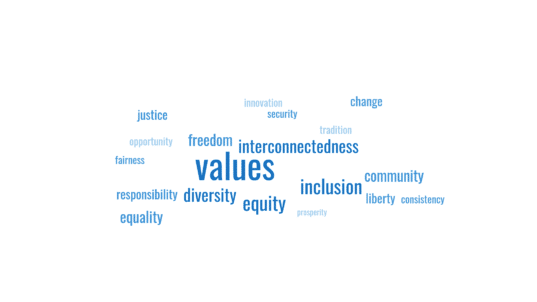IF Fellows maintain a more-or-less continual conversation about how to improve sanctuary projects so that they produce Public Discussion Reports better able to spur truly exploratory public discussions. A perennial focus of our discussions is with making sure that the policy possibilities in the Reports contain real contrasts. Contrast can be heightened in many ways, beginning with the framing of the project and the selection of sanctuary panelists. But once a project starts, the focus generally shifts to ensuring that the possibilities address differing core concerns or questions, on the one hand, and seeing to it that the possibilities embody broadly different notions of public policy, on the other.
The “Conceptual Checklist” below provides a categorized list or typology both of basic concerns and of basic policy responses. It may prove useful to a facilitator who wants to make sure that panelists aren’t “missing something”—either as they wind up their exploration of the area of concern, or as they begin to develop policy responses to the concerns they have selected as most central to their ongoing discussions.
The list isn’t intended to exhaust your panelists (which it could easily do, since it suggests literally thousands of conceptual approaches to virtually any policy concern). It’s meant as a tool—a reminder—of areas into which they might fruitfully expand their exploratory discussions.
CONCEPTUAL CHECKLIST
For Reference During Sanctuary Projects
|
Theme |
Core Concerns or Question(s) |
Standard Policy Responses (NB: these can be thought of as conceptual divides) |
|
|
Power: Who |
Who decides? How will details be sorted out? |
|
|
|
Power: How
|
How will power be exercised? Rules? Deliberation? |
|
|
|
Justice
|
Who gets what? From whom? |
Differentiating
|
Equalizing
|
|
Liberty |
What type? How much? |
|
|
|
Efficiency |
What type? How much? |
|
|
|
Public Purpose |
How understood? |
[Too many to list, from airline safety to zoos, each with innumerable sub-variants. Often a central component of at least one possibility.] |
|
|
Education |
Impact on thoughts and thinking? |
|
|



